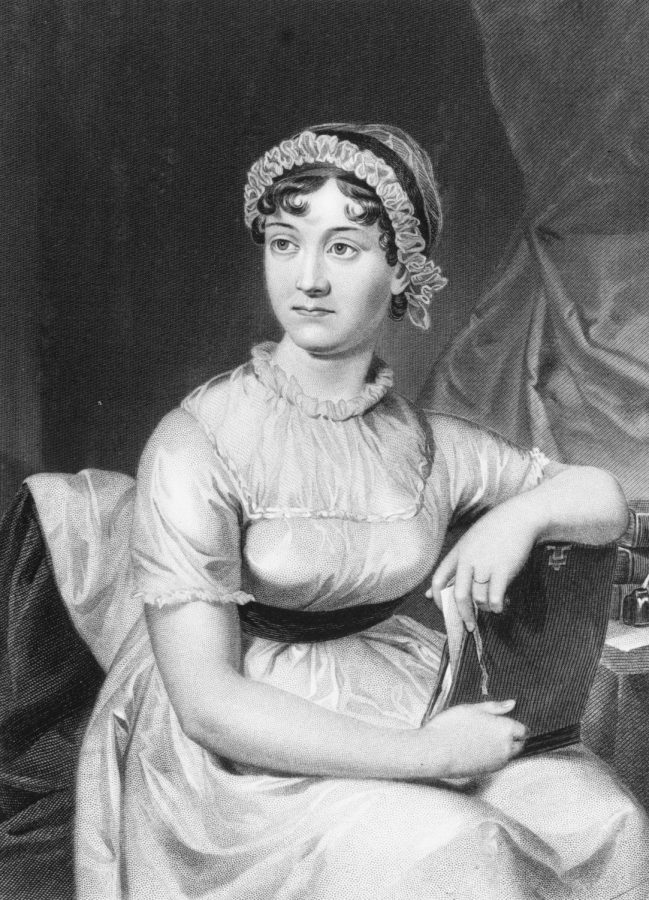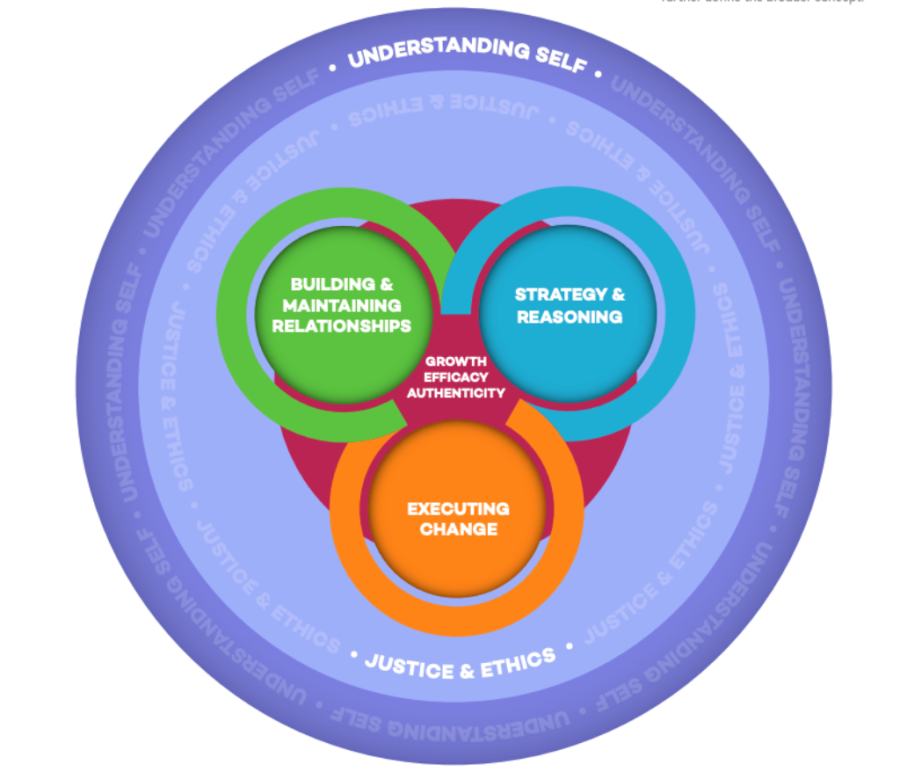Although we live in a free market system, collectivist economic ideas are becoming more and more popular. If one asserts that there is something inherently cruel about free-market capitalism, the statement largely goes unquestioned. Even some conservatives defend the free market as “not the best system, but just the least bad.” This ignores the extensive good that free-market capitalism has contributed to society in the last hundred years. Of course, the issue is complex and nuanced. One would need to write a book to cover the debate in the depth it deserves—as many people have. Capitalism and Freedom, by Milton Friedman; Great Society, by Amity Shlaes; and How Capitalism Saved America, by Thomas DiLorenzo are good examples of this, for those that wish to view a comprehensive scope of the free marketeer’s reasoning. This article, however, will focus on addressing the contention that free-market capitalism is set up to exploit workers. It will then offer a brief history of how the free market has made life better for so many.
Karl Marx and Friedrich Engels argued that the capitalist exploits the proletariat back in 1848, and their syllogism is so attractive that it has survived into the twenty-first century. The argument, however, misunderstands just how crucial cooperation is to free-market capitalism. Without the state to intervene, controlling wages, wealth, or prices, every individual is left free to seek his/her own interests. Workers will seek more money or more leisure time, depending on their unique priorities. Consumers will seek products that are cheaper, more appealing, more humane, or all three (again, depending on their unique priorities). If the owner of a company wants to prosper, he/she must compete for both workers and consumers, which aligns the interests of all three groups. Furthermore, every person must provide something of value to someone else if the person hopes to attain capital. This sets up the market in a way that gives consumers what they want, and, as everyone is a consumer, the system benefits everyone, not just the majority of people. As Thomas DiLorenzo observes in How Capitalism Saved America: “businesses compete fiercely for niche markets with relatively small pockets of consumers” (DiLorenzo 14). If there’s something you want made, someone will make it, and you will reward that someone with money. Free market capitalism is not fundamentally based on exploitation, but on a mutual exchange that leaves both parties better off than they were before.

This principle of mutual exchange is what allows capitalism to thrive because it recognizes the drive of human beings to benefit themselves. A system in which people must benefit others in order to benefit themselves actively works against exploitation. Compare this with a collectivist system: suppose, for example, that the state “redistributed” wealth. The idea behind this is that wealth will be removed from the richest and given to the poorest, presumably helping them. Consider the logistics of this. The IRS would be expanded to do the taking of the money. Everyone would have to send in a report of how much money they were making, and people would probably do what is already far too common: lie about their returns. The IRS would have to hire previously productive members of society to check a vast amount of people. And who’s to say that these officials won’t be bribed? People are self-motivated. If you argue that we have inequity because corporation owners are greedy and profit-driven, you must acknowledge that the same greed lies in everyone. Government officials are just as human as bankers and CEOs. In fact, free-market economist Thomas Sowell began his career as a Marxist before interning with a welfare government agency. He found that the agency hid facts about its own failures to help people out of poverty so that the agency would not be maligned. Disillusioned, Sowell concluded that these officials cared more about keeping their own jobs than about helping people. If a grand government effort such as redistribution were to take effect, how much more corruption would there be? And would the effects be worth the cost? Flash forward to after the money has been “redistributed.” Is that a guarantee that everyone will stay equal? People will value different things and will spend the money in different ways. Some will save money. Some will gamble. Some will invest. Many who struggle with addiction will spend the money on drugs (in fact, many who struggle with addiction and are impoverished relapse after their welfare check comes in). How many times will the money have to be redistributed to ensure equity? This is just one example of a collectivist system that would collapse in practice, but it serves to illustrate the failures of using the government on a large scale to remedy a perceived evil instead of working from the ground up.
The same lens of exploitation that many use to view capitalism is used to view the industrial revolution. The industrial revolution, however, saved workers from a fate of starvation. Not only that, but it led to real growth for the workers: “From 1820 to 1860 wages grew at about a 1.6 annual rate, and during this period the purchasing power of an average worker’s paycheck increased between 60 and 90 percent” (95). Free market capitalism is not a zero-sum game, and economic growth benefits workers. As mentioned before, employers compete for employees. When Henry Ford began to raise wages for his workers, so that they could buy his cars (again, workers are also consumers), Chevrolet had to raise wages in order not to lose workers to Ford. Even earlier in the twentieth century, the story of Polish immigrants illustrates the benefits of pure, free-market capitalism. Destitute Poles immigrated to the United States in large waves, hearing stories of a better life in America. Polish Catholic organizations mobilized to help find jobs for the new immigrants, who rapidly began to acquire capital once they found employment. They began to send money to poor relatives still in Austria and Russia. So much money, in fact, that “in 1907 a nativist U.S. immigration commission groused that the huge outflow of funds to eastern Europe was weakening the U.S. economy” (American Pageant 699). In a time period hostile to government intervention in business, impoverished people came to the United States with nothing and amassed extraordinary wealth. Finally, the industrial revolution led to such a rise in production, that an unfathomable amount of goods are available to the working class at steadily cheaper prices: “When portable radios first appeared in American stores, the average American worker had to labor 13 hours to buy one; today he or she toils for about only one hour” (99). As the free market allows for the production of goods to become cheaper, the consumer is steadily able to afford more and more with less labor. This is the true legacy of free-market capitalism.
Collectivist economic theories also assume a degree of hostility between employers and employees. Entrepreneurs, however, have been seen to value and collaborate with workers many times in the past. Two examples of companies that have shown this attitude are Fairchild Semiconductor and Toyota. Fairchild Semiconductor was known for its disregard of position or seniority in the company: “At Fairchild the hierarchy was loose…Noyce insisted those at the top and those at the bottom…share a lunch space” (Great Society, Amity Shlaes 188). The founders of Fairchild Semiconductor valued all their workers. At the same time (the 1960s), Toyota was beginning to rise in the auto industry. The company’s culture was similar to that of Fairchild Semiconductor: “Toyota listened to workers. It listened to unions. The Toyota factory floor man could simply shut down the assembly line if something went wrong or could work better” (303). The spirit of innovation was not limited to those at the top of the business’s hierarchy. These companies embody what is possible in a decentralized free market. The employers and employees can work together to produce something great. Instead of criticizing the free market that brought us the prosperity we see today, why not create more companies like the above? We live in a system that gives us the freedom to do so.
Thus, not only do collectivist systems fail, but the free market far outstrips them in benefits: free-market capitalism is founded on cooperation instead of coercion, and that principle brought the world tremendous prosperity, as well as allowing for collaboration between employers and employees. The free market is not the lesser of two evils: it is a force for good. It’s time we see it as it truly is.







